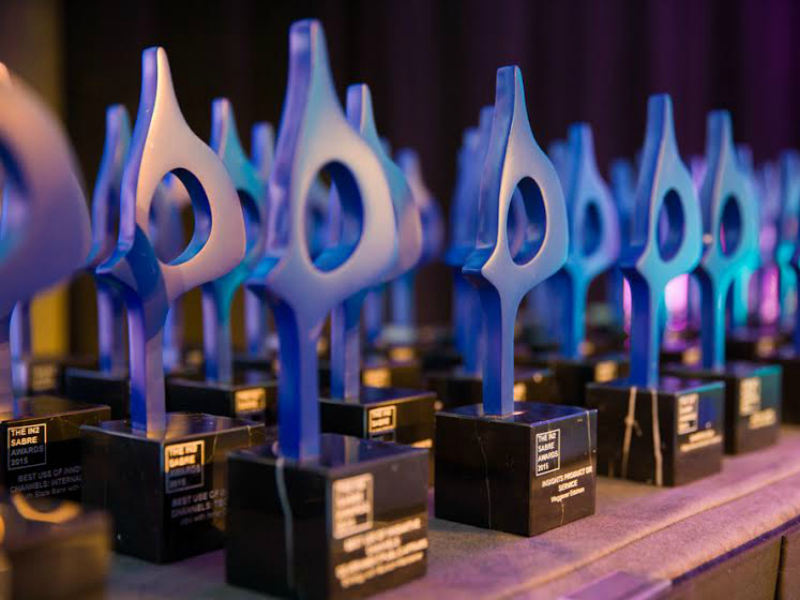
The Innovation SABRE Awards — North America 2020
Showcase your innovation. Don't miss your last chance to enter November 4!

 Podcasts
PodcastsCatch the latest PR news & updates with PRovoke Media's PR Podcasts. Lifting the lid on key industry stories & trends, join our listeners of PR podcasts today.
 Videos
VideosLatest video interviews and campaigns from PRovoke Media, previously known as the Holmes Report.
Long-form journalism that analyzes the issues, challenges and opportunities facing the business and practice of PR.
 Profiles & Interviews
Profiles & InterviewsExplore PR profiles and interviews with leaders from the marketing and PR worlds.
 Crisis Review
Crisis ReviewPR Crisis & Business Crisis review. PRovoke Media's annual analysis of the top reputation crises to rock the corporate sector. Read on here.
 Coronavirus
CoronavirusPRovoke Media's coverage of the Covid-19 crisis, focusing on corporate communication, public affairs & PR industry fallout.
 Trend Forecasts
Trend ForecastsPRovoke Media's PR Trends round up. PRovoke Media's annual forecast of PR trends and news that will impact the PR world in the year ahead...
 Social & Digital
Social & DigitalDedicated to exploring the new frontiers of PR as it dives deeper into social media, content and analytics.
 Technology
TechnologyOur coverage of key technology PR trends and challenges from around the world of digital communications.
 Consumer
ConsumerFrom brand marketing to conscious consumerism, coverage of key marketing and PR trends worldwide.
 Employee Engagement
Employee EngagementPRovoke Media's coverage, analysis and news around the rapidly-shifting area of employee engagement and internal communications.
 Sports Marketing
Sports Marketing Sports PR news, diversity & inclusion trends, views and analysis from PRovoke Media. Subscribe today for the very latest in the world of sports communications.
 Global PR Agency Rankings
Global PR Agency RankingsPRovoke Media's definitive global benchmark of global PR agency size and growth.
Enter PRovoke Media's 2024 Global 250 Agency Ranking and/or our Agencies of the Year competitions now.
 Agencies of the Year
Agencies of the YearPRovoke Media's annual selections for PR Agencies of the Year, across all of the world's major markets.
 Innovator 25
Innovator 25PRovoke Media profiles marcomms innovators from across North America, EMEA and Asia-Pac.
 Creativity in PR
Creativity in PRIn-depth annual research into the PR industry's efforts to raise creative standards.
 Asia-Pacific Communication Index
Asia-Pacific Communication IndexAPACD/Ruder Finn annual study of Asia-Pacific in-house communications professionals.
 SABRE Awards
SABRE AwardsThe world's biggest PR awards programme, dedicated to benchmarking the best PR work from across the globe.
 PRovokeSummit Global
PRovokeSummit GlobalThe biggest PR conference of the year, a high-level forum designed to address the critical issues that matter most.
 PRovoke Media Regional Series
PRovoke Media Regional SeriesA global network of conferences that explore the innovation and disruption that is redefining public relations.
 Agencies of the Year
Agencies of the YearUnrivalled insight into the world's best PR agencies, across specialist and geographic categories.
 Roundtables
RoundtablesOur Roundtables bring together in-house comms leaders with PR firms to examine the future of communications.
 Agency Playbook
Agency PlaybookThe PR industry’s most comprehensive listing of firms from every region and specialty
.jpg) All Jobs
All JobsFind the latest global PR and communications jobs from PRovoke Media. From internships to account executives or directors. See all our PR jobs here.
PRovoke Media's editorial series published in collaboration with partners.

Katy Howell is a true pioneer of social media marketing, launching her social media agency Immediate future, 16 years ago, just as a fresh-faced Facebook was made its way onto university campuses. Howell’s continued point of difference in a sector she knows inside out is helping brands “to break the social boring”, using social media data to develop creative campaigns that deliver business growth. She works with brands including Lastminute.com, Princess Cruises, Selfridges, Mission Foods, Google, Diageo, JD Williams, Fujitsu and Sony Music, all of whom have won awards for their social media activity since Howell came on board. At the start of the Black Lives Matter protests this year, Howell posted a brave, moving video on LinkedIn about her own experience of systemic racism in the UK, and how agencies in the creatives industries can move from pledges to action on supporting Black and ethnic minority employees.
Where is the most urgent need for innovation within the PR/communications industry?
Without a doubt, there needs to be big upskill in analytics. And understanding of the numbers coupled with behavioural science and a nose for a business opportunity. This is the bedrock of comms innovation and if we can grasp this nettle, we can lean into data and paid, and own comms for 2021 and beyond.
How would you describe the communications/PR industry's level of innovation compared to other marketing disciplines?
The comms industry does lag behind digital and even marketing quite a lot. Especially when it comes to things like social intelligence, data and tech. However, before we rush to stick the knife in, it is also excels in telling stories, often outstripping the other disciplines. Especially online when the story hook needs to be developed fast and the must capture the zeitgeist to be relevant.
How have the events of 2020 impacted innovation in the PR and communications industry?
Apart from the greater focus on digital, I have seen fantastic creativity in comms. Real smarts and skills to re-craft for online. We are all doing more with less, though. Some of it is down to a reduction in staff, but mostly it has been because work has switched from other channels such as print and outdoor, to comms, PR and social. We’ve had to switch, shift and completely change direction – I refuse to use the word pivot! We have had to show empathy and caring, move on to entertaining, be part of worldwide movements and then deliver ethical, balanced comms. We’ve had to dive into moments, and follow trends in ways that we have never had to before. It has been a fantastic, creative and truly innovative year.
Where is the PR industry's greatest opportunity for taking the lead on innovation?
You cannot be in comms and not know your audience. It means we are close to cultural shifts, behavioural changes and moments, putting us in a prime position to innovate. To take that knowledge and data and deliver executions, technology and innovations that will fly.
What is the ideal working scenario for innovation?
I think you have to have three things. Diversity is the cornerstone. True diversity with people from different backgrounds, with differing perspectives. Secondly you need collaboration and curiosity. Working together to figure things out. Finally you need bravery. I don’t mean bold, I mean jump off a cliff “let’s do it” bravery. To take a leap and try something new is emotionally tough, let alone a professional challenge. But without diverse opinions you won’t have diverse thinking; without collaboration and curiosity you are not the sum of your parts; and without bravery, you will never try anything. Oh bugger, there’s a fourth: move fast!
Has 2020 changed the way you define/approach innovation?
Nope. There is no way to really define innovation. Innovation cannot be put in a box. It needs to always flex – maybe this year more than most, but it is still the same thinking, approach and bravery it has always been.
What is the most innovative comms/marketing initiative you've seen this year?
Oh, we could talk about the rise of TikTok, livestreaming or shoppable posts, but for me this year’s innovation sits firmly with the amazing creativity that’s burst into life through adversity. The Getty ‘recreate art’ campaign had me giggling; the smart thinking from Ocean Spray that saw them balance the viral video with carefully judged promotions; and the latest Christmas campaign from Sainsbury’s and the incredible supportive ad slot from so many of the supermarkets to stand against racism.
What is the most important lesson you've learned this year?
The phrase ‘this too shall pass’. I have learnt to be patient. Let emotions move on – being perimenopausal, I have to remind myself to do this pretty much every day! But, I am definitely better for it, less anxious, and so much more chilled.
Describe a moment in your career that you would consider innovative.
Spotting the birth of social and working out how brands could use it for comms – when there were no brand pages and no advertising – and then setting up a company to do just that. Everyone thought I was mad. I am mad, but it worked!
Any habit/activity that you have added to your life this year that you hope to take forward post-pandemic?
I am a chatterbox. I always have an opinion or something to say. This year, I have learnt to listen. I mean really listen to my team, to clients, to my family. I have loved it. Hearing from others and seeing new perspectives and thinking. So I’m definitely going to shut my mouth more in 2021.
How can the PR industry make real progress in diversity, equity and inclusion (DE&I) and what is the biggest obstacle?
The truth is, nobody really wants to talk about diversity. They skitter awkwardly across the surface of the topic. Because it is hard. Even those impacted do not all share the same views or perspectives. But if we don’t talk about it, if we don’t share experiences, or understand others, then how can we empathise and change? We need to keep the conversation going next year and allow it to go deep and difficult. Only then, will we truly understand our biases, our prejudiced behaviours and why our comms industry is currently built on exclusion.
What are you thinking about most these days?
People. More specifically people’s behaviour. It is a strange and polarising time, especially on social, but in amongst the chaos I have seen massive shifts in cultural behaviours. From sustainability to trust, from squad shopping to TikTok dancing – we are changing our perspective of what we want, what entertains and what makes us happy. I love it. I want to understand the why, and determine how we need to tilt our communications to address it. I am forever fiddling with ideas and approaches to work out how to be more relevant in a world of so much irrelevant cluttering content.
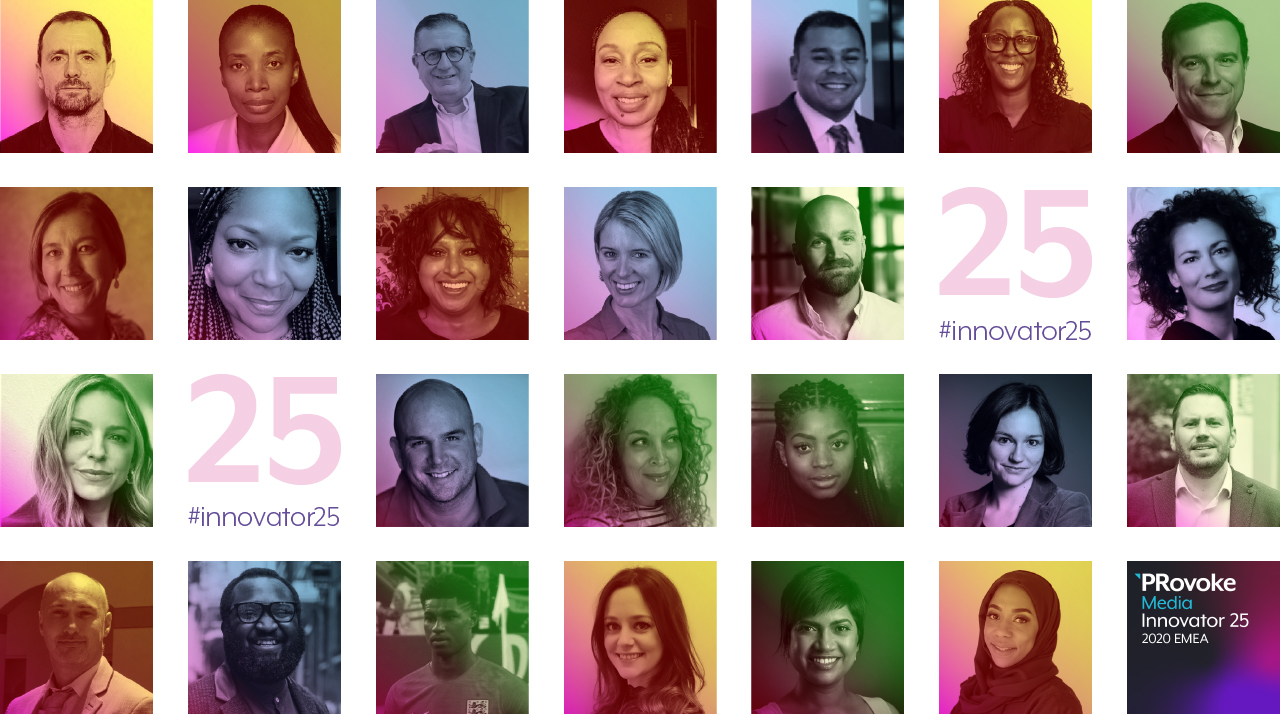
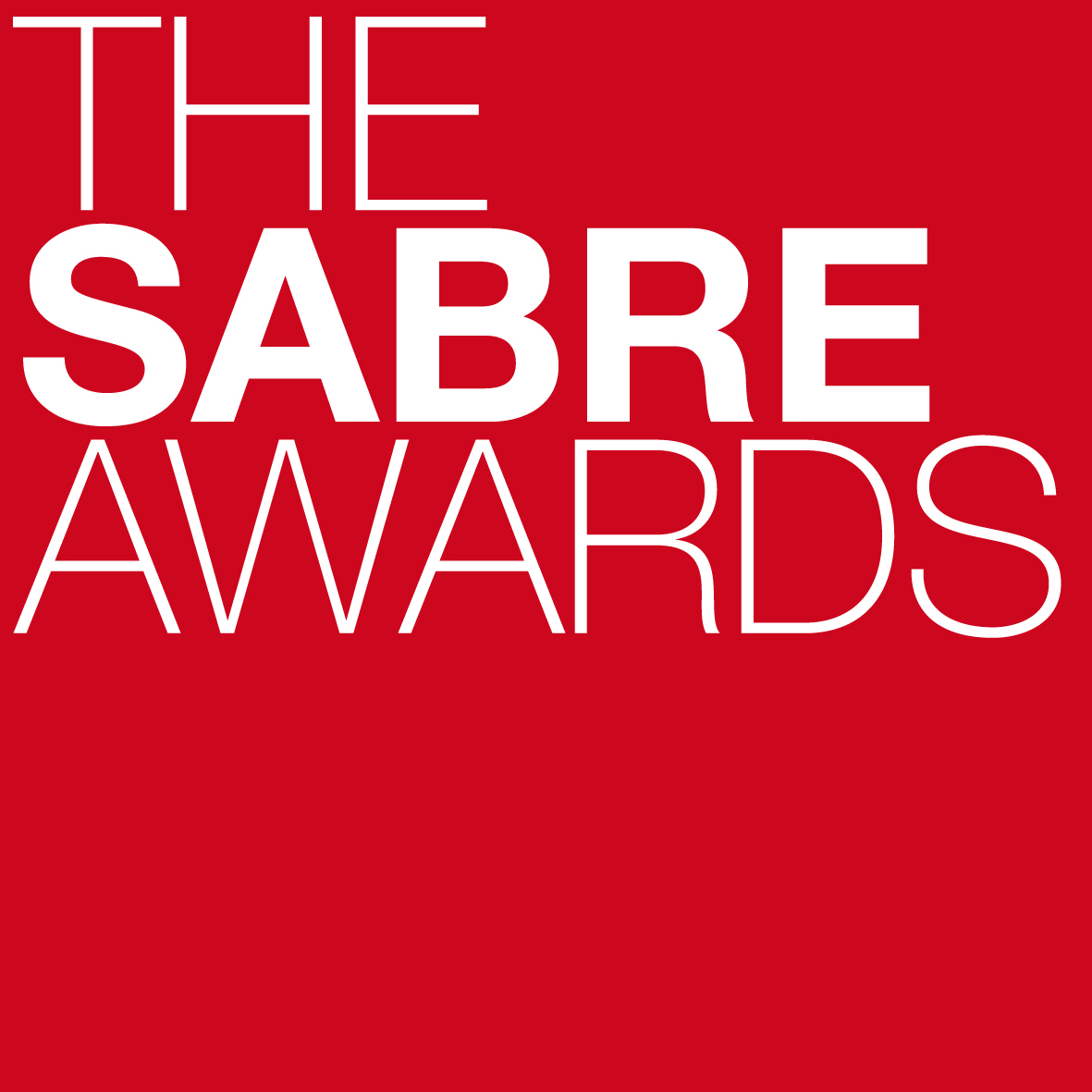
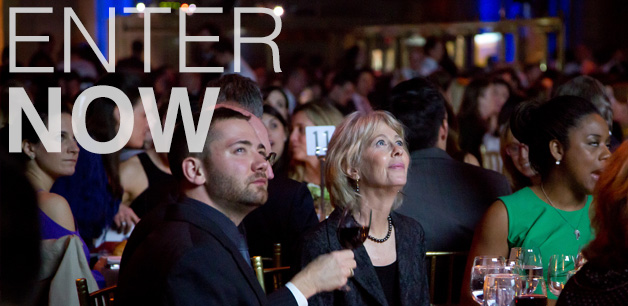



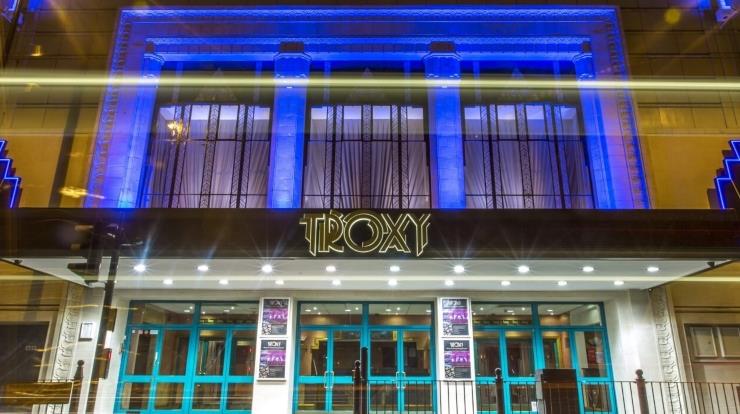

Intelligence and insight from across the PR world.
About PRovoke Media Contact Us Privacy & Cookie PolicyWe feel that the views of the reader are as important as the views of the writer. Please contact us at [email protected]
Signup For Our Newsletter Media Kits/Editorial Calendar Jobs Postings A-Z News Sitemap© Holmes Report LLC 2024